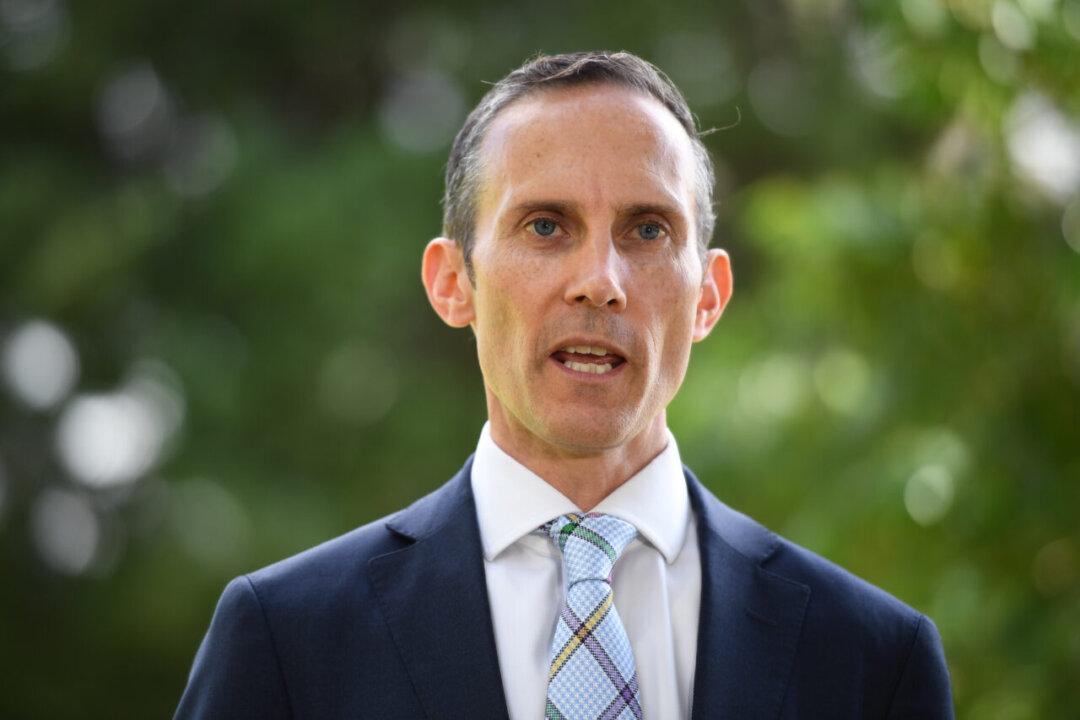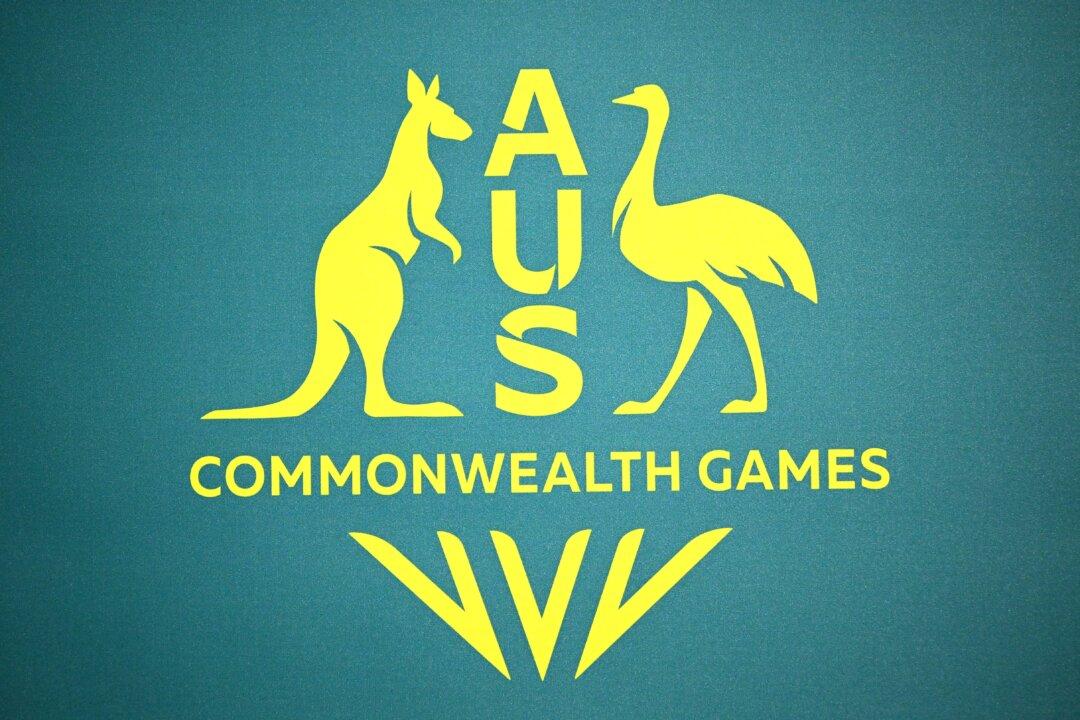The new “sensitive” editions of the Roald Dahl books by Netflix has been caused by a lack of competition in the digital space, Australian MP Andrew Leigh has said.
This follows criticism of British publisher Penguin who was criticised for changing and rewriting Roald Dahl’s books. The changes were made to make them more suitable for the modern audience.





